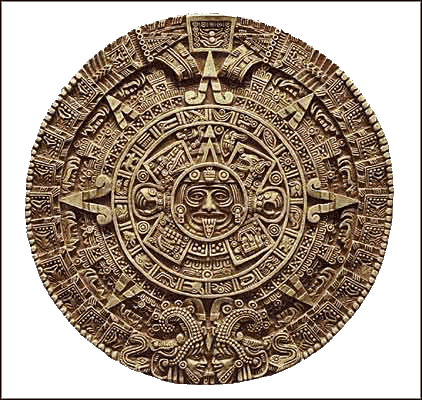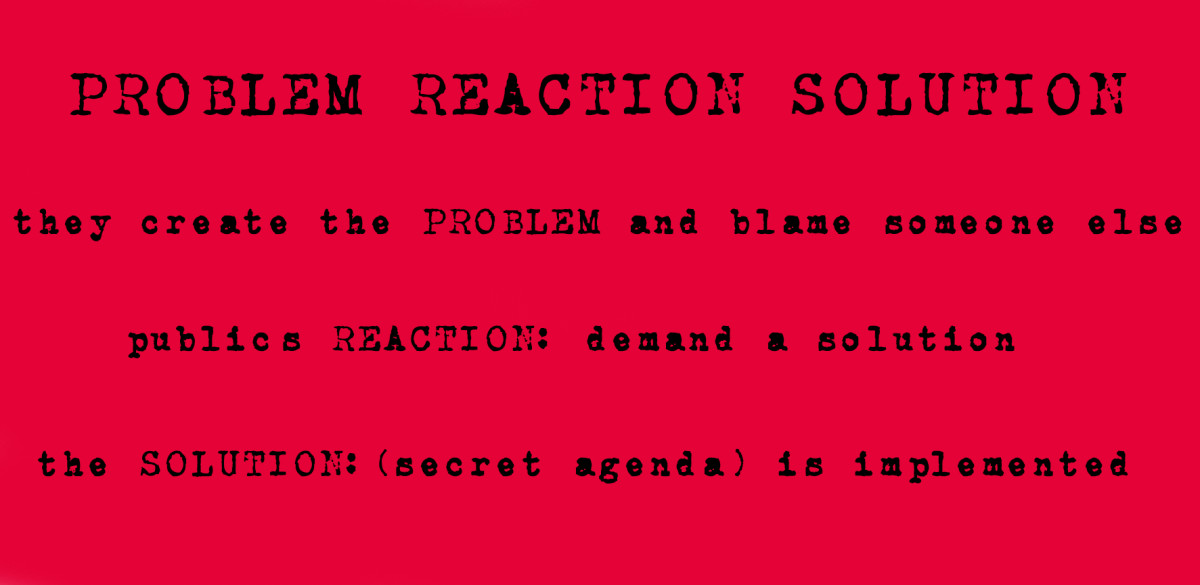The Mayan Calendar and Christian Response to 2012

The Maya civilization is a Mesoamerican civilization, noted for the only known fully developed written language of the pre-Columbian Americas, as well as its art, architecture, and mathematical and astronomical systems. Initially established during the Preclassic period, many of these reached their apogee of development during the Classic period (c. 250 CE to 900 CE), and continued throughout the Post classic period until the arrival of the Spanish. At its peak, it was one of the most densely populated and culturally dynamic societies in the world. (Source: http://en.wikipedia.org/wiki/Maya_civilization)
From this Mesoamerican civilization and its astronomical systems arose a calendar with predictions which would become a topic of end time events for the 21st century. This remarkable calendar of the Ancient Mayans predicts that an event of major proportions will take place on December 21, 2012. Unfortunately, the Mayans did not specify what the major event will be but doomsday believers hold tight to the notion that the world will end on this day. Scientists have various assumptions, theories, and philosophies as to what scientifically could happen. Their theories include major earth changing events such as Galactic alignment, Pole shift, Solar magnetic reversal, and Solar maximum. They believe these events will result from threats such as Meteorite or Comet impact, Gamma rau burst, Extraterrestrials, or nuclear explosions.
According to researchers the Mayans astronomical predictions were based on a collection of systematic calendars similar to the ones used by earlier Mesoamerican civilizations such as the Zapotec, Olmec, and Aztecs. These calendars date as far back as 6th century BCE. Among these systematic calendars were basically two main calendars. One was solar and the other was planetary - based on the movement of the planet Venus, in conjunction with other planets and stars. The two calendars overlapped each other and each was based on a five thousand year cycle. As one was ending the other was already in progress. Therefore, it’s not that the Mayans were predicting the end of the world. Based on their calculations of a five thousand year cycle they predicted that one event calendar was ending on December 21, 2012 and another one beginning on December 22, 2012. In other words, they were simply predicting the end of the five thousand year solar or planetary calendar. Although their scientists and astronomers did look for and anticipated natural disasters, they did not view them as world ending events. Modern day research suggests that the December 21, 2012 date is related to a not-so-well known phenomenon called the precession of the Equinoxes -or- a five thousand year planetary cycle.
The numeric predictions of the Mayan calendar are based on the computation of the Mayan value of pi whose value is possibly more reliable than any European pi. This makes the Mayan calendar remarkably accurate. However, it does not predict the end of the world in 2012. To some the assumptions of world ending events is just another doomsday prediction on the level of Y2K born out of the human need for a cosmic change or a solution to human suffering on this planet, and revenge against those who impose such sufferings.
So what are the Christians response to this doomsday prediction? Christians can be classified as the group most likely to believe in such doomsday predictions based on their understandings and acceptance of end time events as described in the book of Revelation. However, most mature Christians conclude that this is just another bogus assumption born out of a lack of Biblical knowledge. They cite one text from the Bible to justify this position which is found in the book of Matthew 24:36. “But of that day and hour knows no man, neither angels of Heaven nor the Son, but my Father.”
December 21, 2012 will definitely be an interesting day...and so will December 22, 2012 when the earth will rotate around the sun - just as it has being doing for over six billion years - give or take a few centuries.








